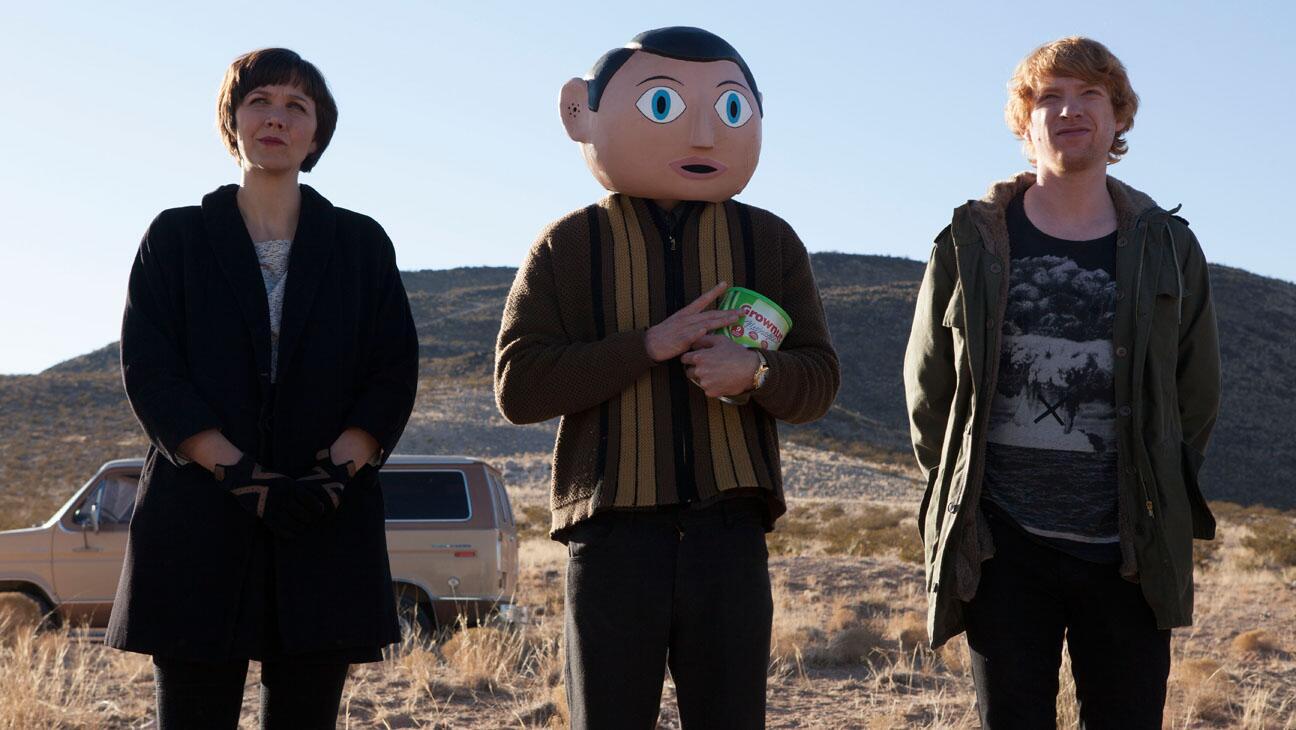Jean-Pierre
and Luc Dardenne, the figureheads of Belgian cinema, returned to Cannes this
year with their latest: political redundancy drama Two Days, One Night.

Sandra
(Marion Cotillard) wants to return to her job in a workshop making solar cells
after overcoming a serious depression. Times are tough however, the financial
crisis has hit the company hard and there is not enough money to take her back.
As a result, the sixteen other employees are given a choice: if they agree to
give up their yearly bonus (1,000 euros apiece), Sandra can stay. In a first
poll, fourteen votes fell against her and now she has two days to convince her
colleagues to change their minds.
Taking place
over a single weekend, the Dardennes stretch to feature length what other
filmmakers would portray in a short montage. The bulk of the movie consists of
her encounters with her co-workers, all of whom she visits at home. Every one
of these confrontations is shown in its entirety: we see her walk up to the
door, ask the children/spouse where the sought-after person is, recite her rehearsed
lines and hope to convince them. By repeating this scene over and over with
varying results, the Dardennes ask us the same question time and time again:
would you give up 1,000 euros, money which you may desperately need, in order
to help out a colleague? It is a terrible dilemma to be confronted with and one
without a correct answer.
Above all
towers (or rather cowers) Marion Cotillard giving the best performance of her
career to date. Leaving behind all the glamour and glitz of her Hollywood appearances
and going even further than in Jacques Audiard’s Rust and Bone, here is a woman who has all but given up. Not fully
believing in her own plea, feeling guilty for begging for her friends’ pity, you
always get a sense of a strong inner conflict. We never really know whether she
really wants to keep her job or whether she only tries at the insistence of her
supporting husband. Cotillard transformed her entire body language for this
complete performance. Her shoulders slumped, walking clumsily, avoiding eye contact;
she has a completely different way of holding herself. She looks like she is in
constant pain. This goes into the minutest details: the way she opens a bottle
of water, the way she eats an ice-cream cone, the way she pays for a bottle of
water; everything she does lacks conviction or self-belief. Her discomfort is
emphasized by the brilliant cinematography. There are close-ups, but the camera
generally keeps an awkward distance.
I did
however have a couple of issues with the film. First of all, a couple of
reactions from Sandra’s co-workers, both positive and negative, felt overplayed,
melodramatic and were frankly unbelievable in the highly realistic context of
the film. This is partly due to the actors failing to convince, but also to the
contrived nature of the screenplay. My biggest problem with the film is
moreover that one crucial and extreme action, about an hour into the film, which
changes everything we know about the Sandra, is simply brushed over and
forgotten about. There seem to be no consequences whatsoever to this, which
made me feel a bit uneasy.
Two Days, One Night remains an
intriguing watch elevated by the masterful Marion Cotillard, who is touted for
the best actress award in Cannes.



